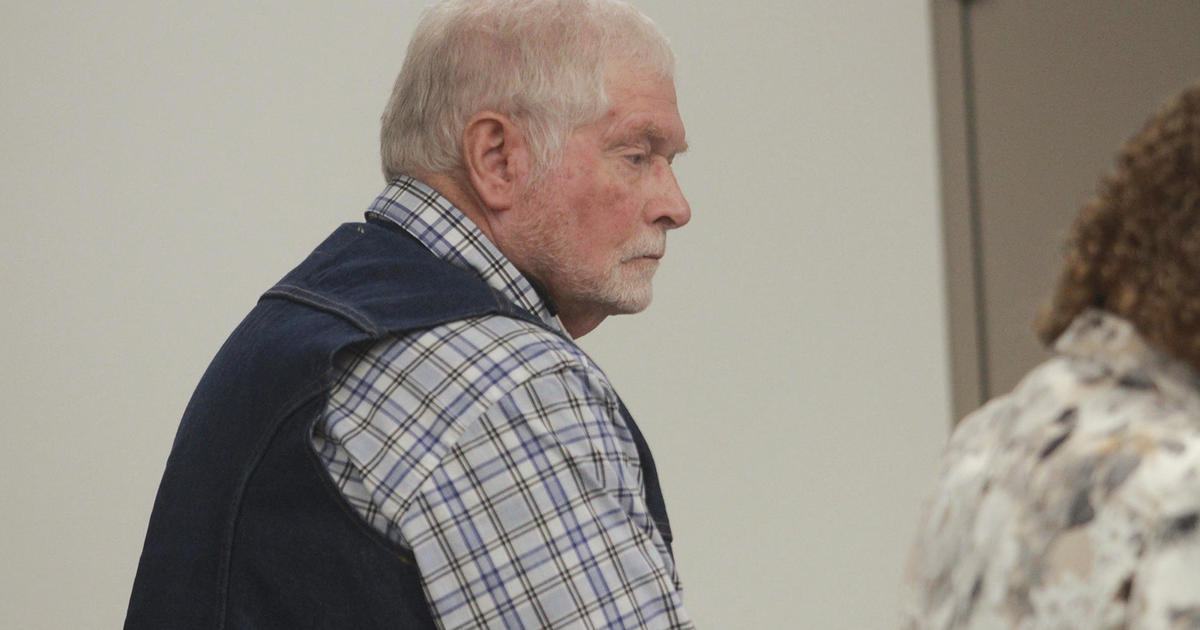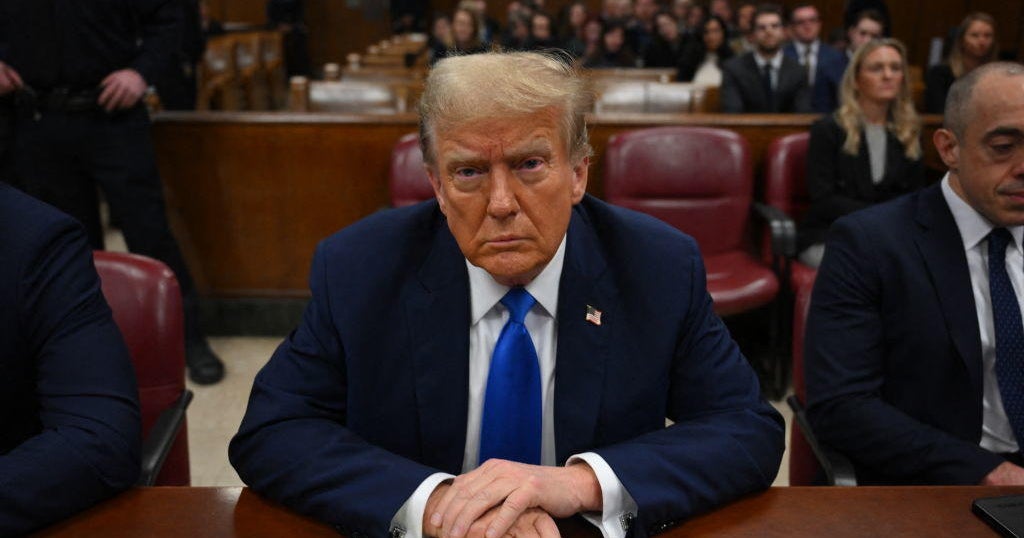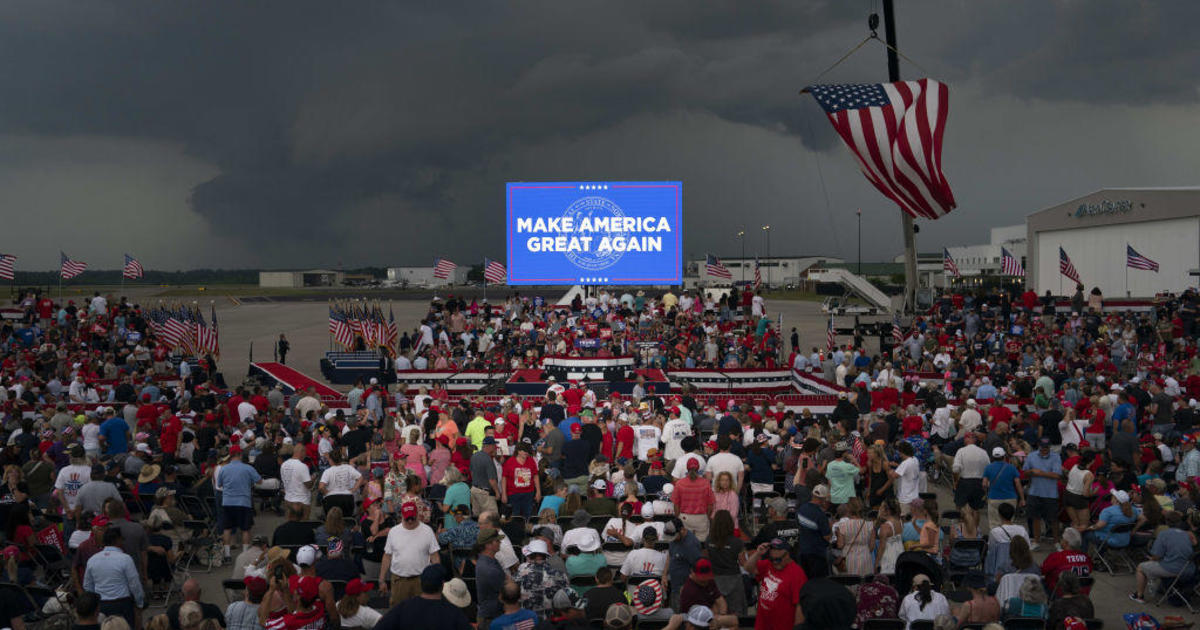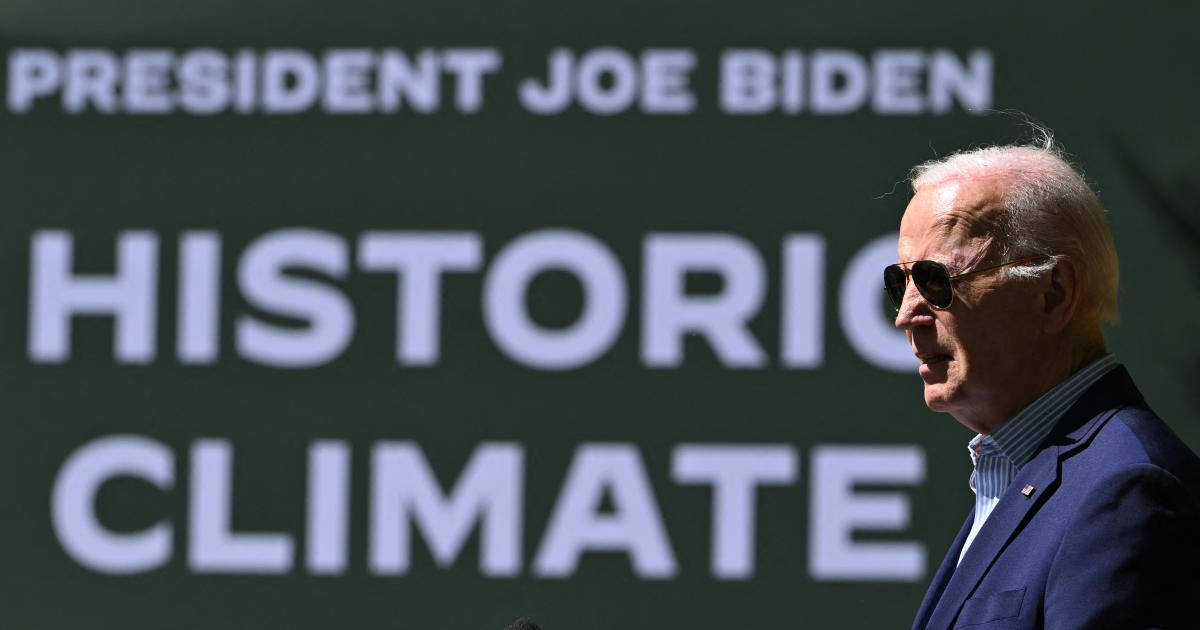Trump attorneys argue for dismissal of E. Jean Carroll's defamation lawsuit
Former President Trump's attorneys were joined by the Justice Department in arguing before the Second Circuit Court of Appeals that a defamation lawsuit brought by author E. Jean Carroll against Mr. Trump should be dismissed, based on a law that federal employees are to be protected from claims like defamation while working in their federal capacity.
The lawsuit is the result of comments Mr. Trump made to the press in 2019, while he was president, in response to Carroll's accusation that he had sexually assaulted her in a high-end New York City department store in the 1990s.
Mr. Trump accused Carroll of "totally lying" about the assault to sell a memoir, and said "she's not my type." Carroll alleged that he defamed her to the press to try to refute her accusation.
Lower court Judge Lewis A. Kaplan ruled in October that Mr. Trump cannot use the law protecting federal employees from legal claims like this defamation lawsuit in defense of an action he had taken as individual.
Notably, President Biden's Justice Department sides with the former president on this case. In June, the Biden Justice Department argued it was defending Mr. Trump's appeal in order to protect the presidency and federal employees.
"Then-President Trump's response to Ms. Carroll's serious allegations of sexual assault included statements that questioned her credibility in terms that were crude and disrespectful," the Justice Department conceded. "But this case does not concern whether Mr. Trump's response was appropriate. Nor does it turn on the truthfulness of Ms. Carroll's allegations."
"Those statements were without question unnecessary and inappropriate," the Justice Department continued. "But they all pertained to the denial of wrongdoing—which cannot be cleanly severed from the accompanying explanation here. The fact that the additional statements were, at minimum, inappropriate does not automatically take them outside the limits of the scope of employment."
In responding to the allegations of misconduct, Mr. Trump was acting as president, not as a private citizen, the government argued.
"The former president made crude and offensive comments in response to the very serious accusations of sexual assault made by Ms. Carroll. I'm not here to defend or justify those comments," Justice Department attorney Mark Freeman told the court. But the law protecting employees like the president from such a lawsuit should be upheld, he said.
Questioned by the court about whether the law says that the president cannot be disciplined for actions taken as president, Mr. Trump's attorney, Alina Habba, responded, "The president can be disciplined...if you look at President Trump's history, he tends to be disciplined often."
Carroll had also gone to the press as a "public figure" with her accusations against the then-president, Habba suggested. "She was on the aggressor side."
But one of the judges on the panel took issue with this characterization, saying "Trump goes way beyond" defending himself by stating he didn't assault Carroll when he said she wasn't his "type."
Another judge asked whether a president would be liable after hitting a golf ball that strikes someone while playing with a foreign dignitary.
The panel of judges sought to know whether there are boundaries to the scope of legal protection afforded a federal government employee, whether "everything the president says...is within the scope of employment?"
The attorney for E. Jean Carroll, Joshua Matz, clearly said the answer was "no."
Former President Trump, he said, had "private, personal reasons" for injuring his client, so he must be tried as an individual.
"A White House job is not a promise of an unlimited prerogative to brutalize victims of prior wrongdoing," he concluded.
Clare Hymes contributed to this report.



